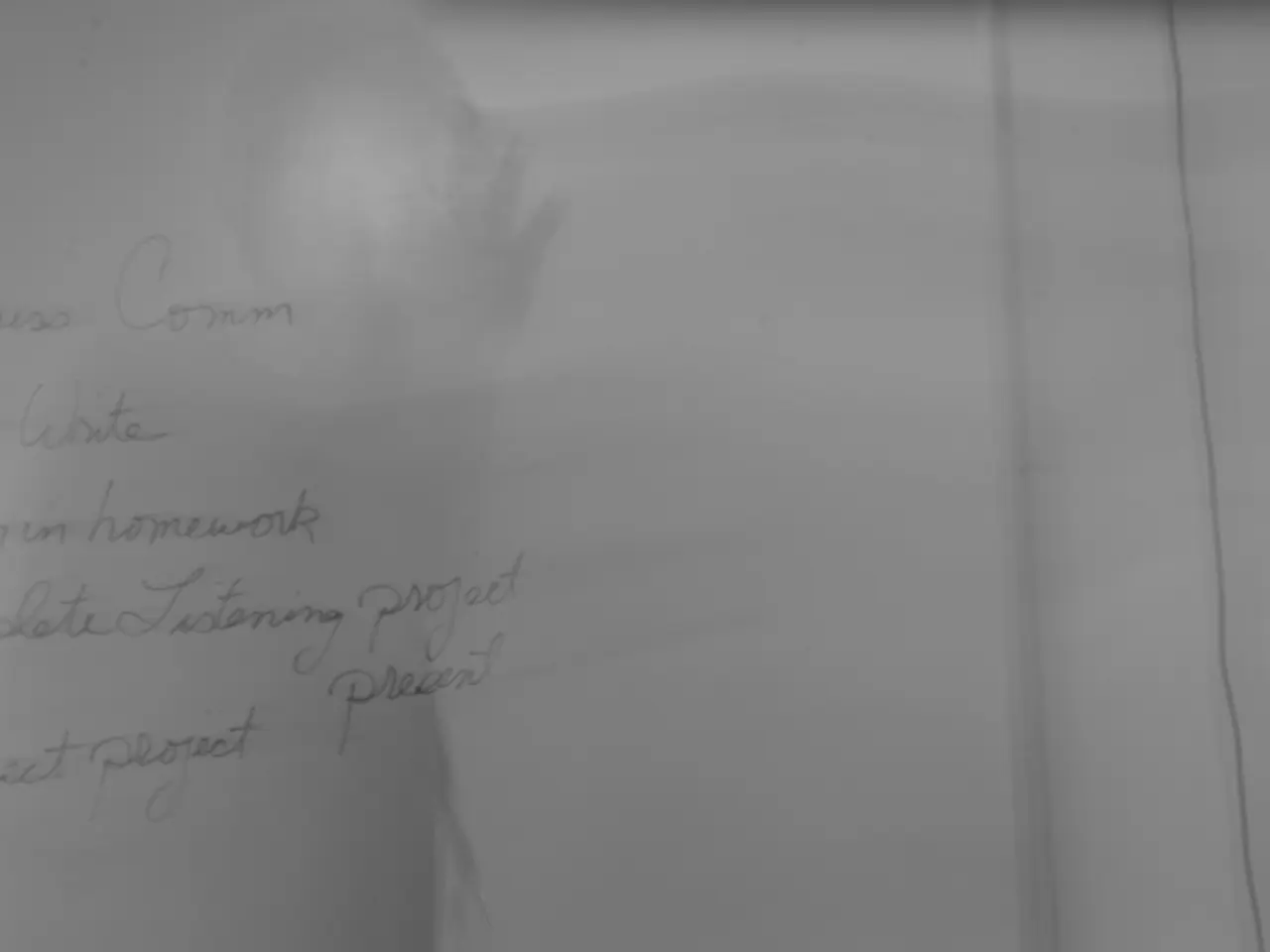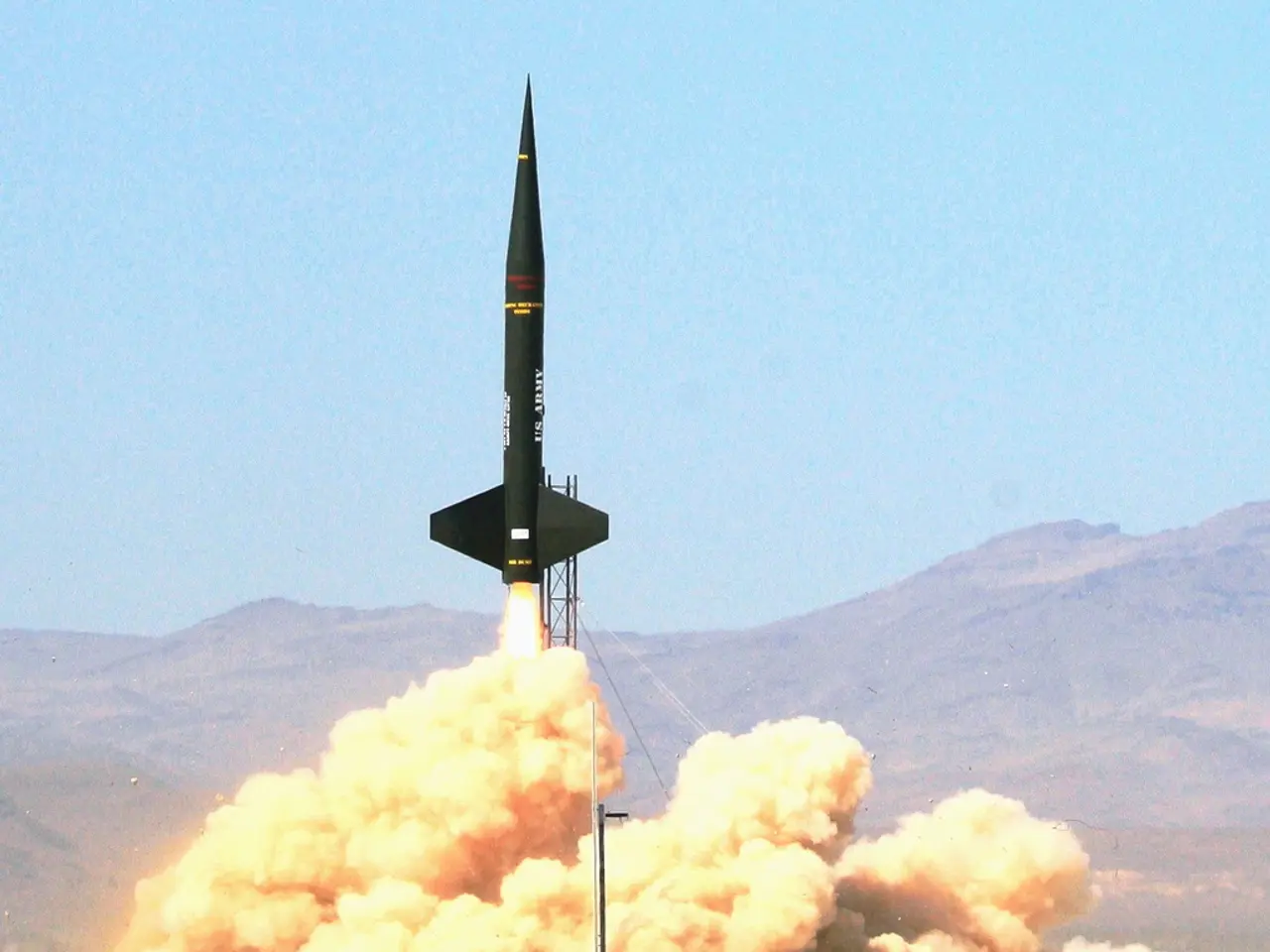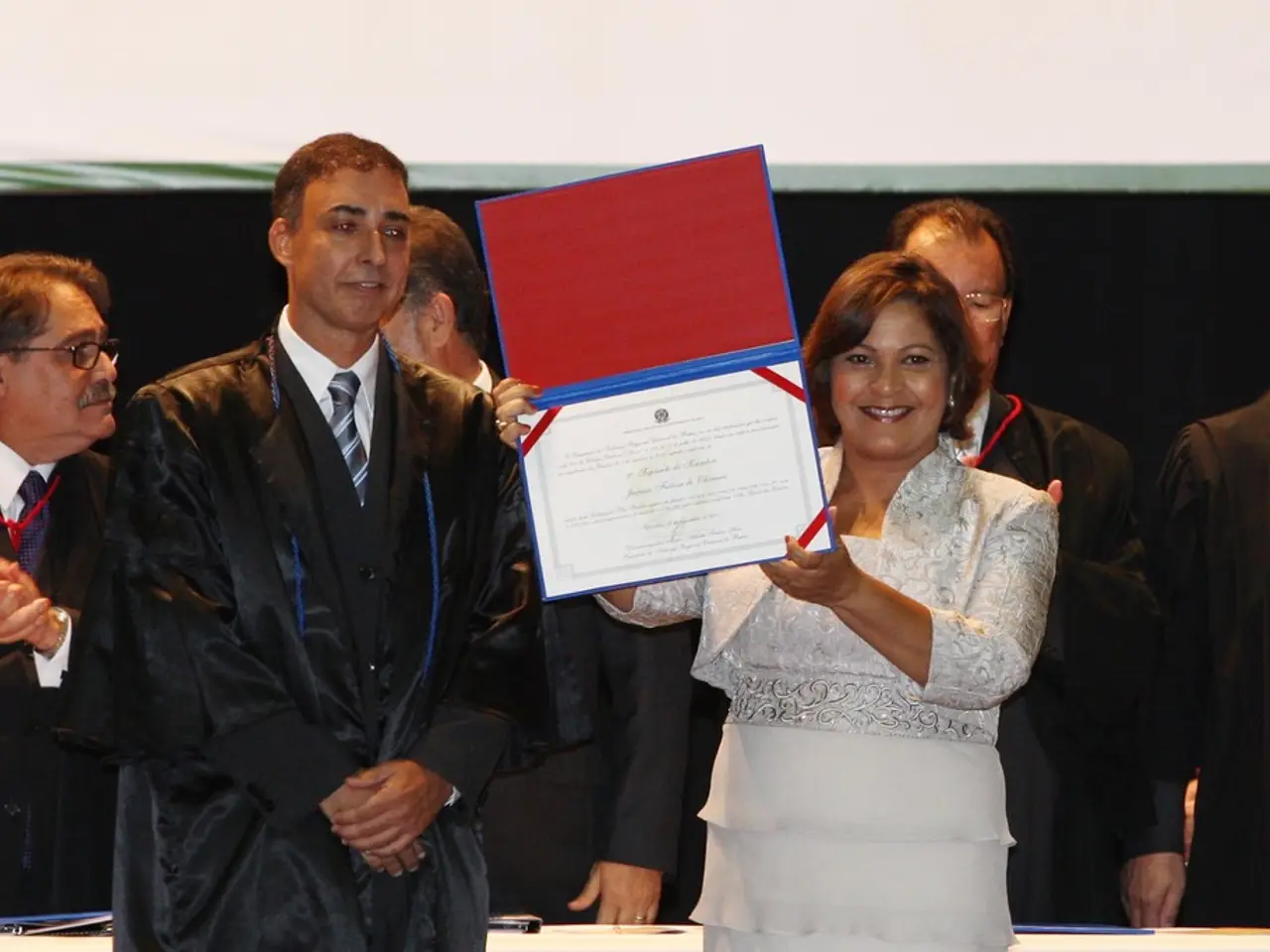"Investigating Political Due Diligence: An Examination of Ethics and Procedures in Politics"
In the dynamic world of politics and business, understanding potential risks is crucial for success. This is where Political Investigative Due Diligence comes into play.
Political investigative due diligence is a comprehensive process that delves into the background of political entities or individuals, offering valuable insights into their legal standing, financial history, political affiliations, and more. It serves as a proactive approach to risk management, enabling businesses and political parties to foresee and navigate potential political disruptions that could impact their operations and strategic objectives.
The process involves a blend of advanced technologies and human expertise. AI and machine learning are used for precise and reliable investigations, while analysts with deep regional knowledge contextualize findings within each country’s political, legal, and cultural environment. For complex scenarios, senior researchers deliver customized intelligence to address unique risk factors.
Political investigative due diligence offers several advantages. It helps political parties, campaigns, and donors avoid scandals, legal issues, and public backlash by identifying hidden liabilities before endorsing or associating with individuals or organizations. For businesses, it provides transparency and fairness in business dealings, identifies potential risks associated with engaging in business transactions, and protects companies from fraud and corruption.
Key considerations for political investigative due diligence include the regulatory environment, political stability, government relations, corruption risk, geopolitical factors, and economic factors. AI tools, sentiment analysis, facial recognition, and media mining algorithms are increasingly used to quickly extract and flag data. Ground-level verification, such as field visits, local interviews, whistleblower inputs, and ground intelligence, may be used to validate records and assess an individual's local reputation.
In practice, political investigative due diligence consultants work globally, supporting multinational corporations, financial institutions, and other organizations operating in politically sensitive or high-risk markets. They conduct enhanced due diligence on individuals, suppliers, and jurisdictions, provide real-time threat assessments during crises, and monitor disinformation and reputational risks.
Regional differences in regulatory frameworks and due diligence expectations also shape the work of these consultants. For example, European countries lead with laws requiring extensive human rights and environmental due diligence, while Asia is gradually introducing similar legislation. Consultants help clients navigate these legal landscapes by applying robust supply chain due diligence and compliance checks reflecting local and international standards.
In conclusion, effective political investigative due diligence requires a blend of access to high-quality, trustworthy data sources, deep regional knowledge, the ability to conduct bespoke investigations, and close collaboration with clients for knowledge transfer and sustainable risk management practices. It plays a vital role in promoting democratic integrity, ensuring transparency, and enhancing public confidence in democratic systems.
- While operating in high-risk political environments, social media resources can be essential for political investigative due diligence consultants to monitor politicians' public profiles and general-news discussions on various platforms.
- To maintain a sound reputation and avoid controversies, it's crucial for political parties to engage in comprehensive consulting services to identify potential risks and liabilities associated with their candidates or partners, even those that may be hidden in blogs or other online sources.
- Political investigative due diligence services offer valuable insights into a subject's reputation, including local sentiments and perceptions, as reflected in news articles, as well as flagging potential threats through AI tools such as media mining algorithms.
- In addition to aiding multinational corporations in navigating complex business transactions, political investigative due diligence services also provide essential resources in evaluating service providers and suppliers, ensuring that businesses uphold transparency, fairness, and compliance with international and local standards.







